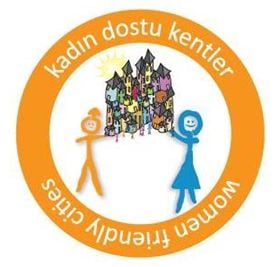
The municipality of Adıyaman, located in south-eastern Turkey, in January joined a group of cities committing themselves to women-friendly urban planning.
The provincial capital, with a fast-rising population of over 200,000, is the latest municipality to join the Women-Friendly City project supported by the Turkish government and the UN Population Fund (UNFPA). Other participating cities include Izmir, Antalya, Bursa, Trabzon, Samsun, Şanlıurfa, Gaziantep, Mardin, Kars, Malatya and Nevşehir.
“Although women constitute half of the urban population, they are under-represented in local councils and therefore are often not included in urban planning and decision-making processes,” said Zahidul Huque, UNFPA’s Representative in Turkey.
As a result, urban planning is often done by men not taking into account the needs of women, he explained. “Local decisions on housing, security, transportation, education or health all have a direct impact on women, yet their voices are not heard in the decision-making process.”
This leads to insufficient attention being paid to ensuring that streets are properly lit, public transport is safe and overpasses and sidewalks are pram-friendly. Also, the need for day-care centers, as well as women’s shelters and hotlines for victims of violence are often not given priority when planning and organizing urban spaces.
By joining the Women-Friendly City project, the Adıyaman municipality will take concrete steps to improve the capacity of local authorities to include women’s concerns in their planning. “Through this project women will also participate more actively in the decision-making processes [on urban development],” confirmed Necip Büyükaslan, the mayor of Adiyaman.
At the same time, the project helps women’s NGOs with advocating effectively for gender equality and women-friendly services. The project also promotes dialogue and collaboration between local women NGOs, grassroots organizations and local authorities.
The project is implemented with financial support from Sweden.

